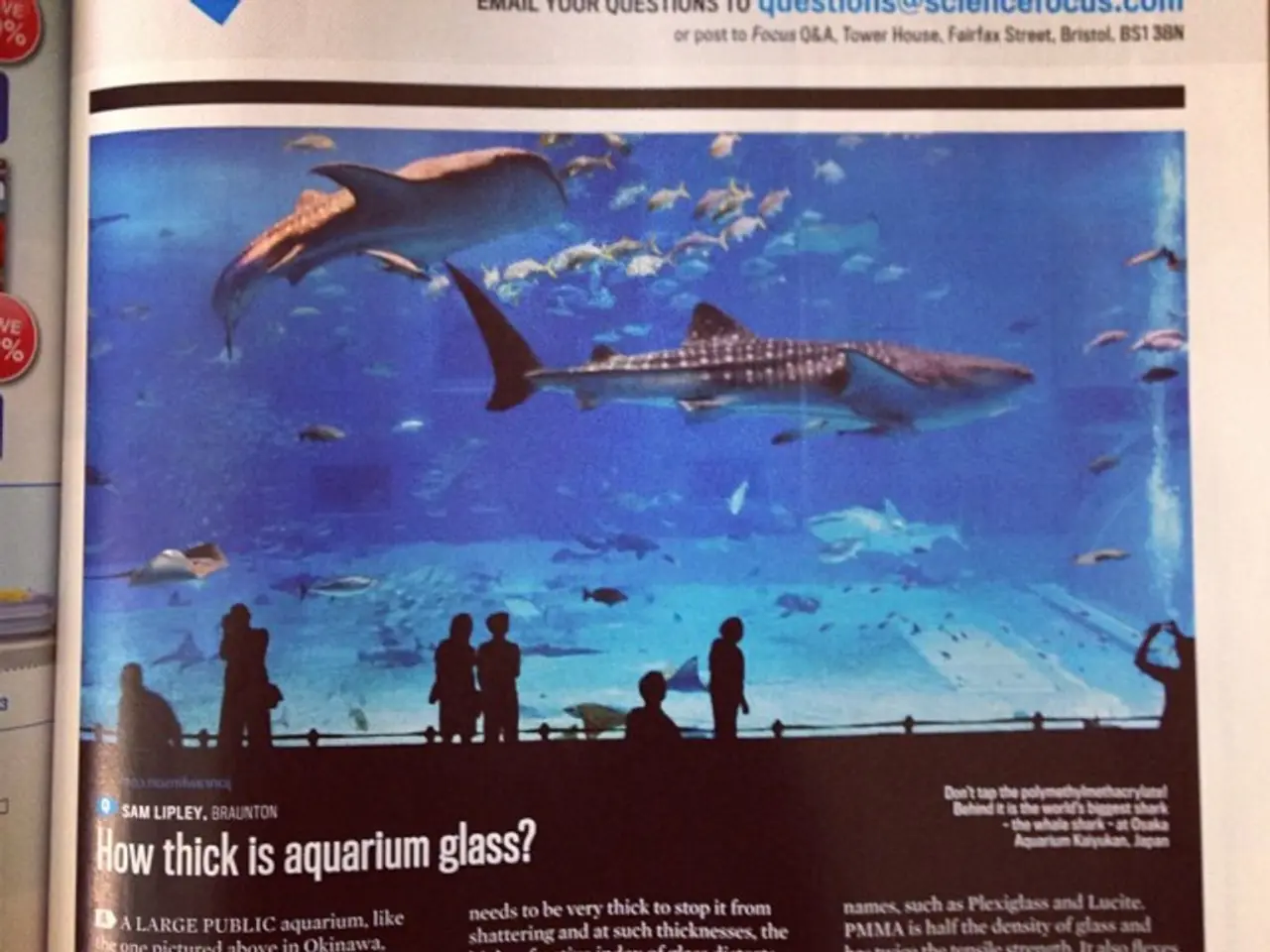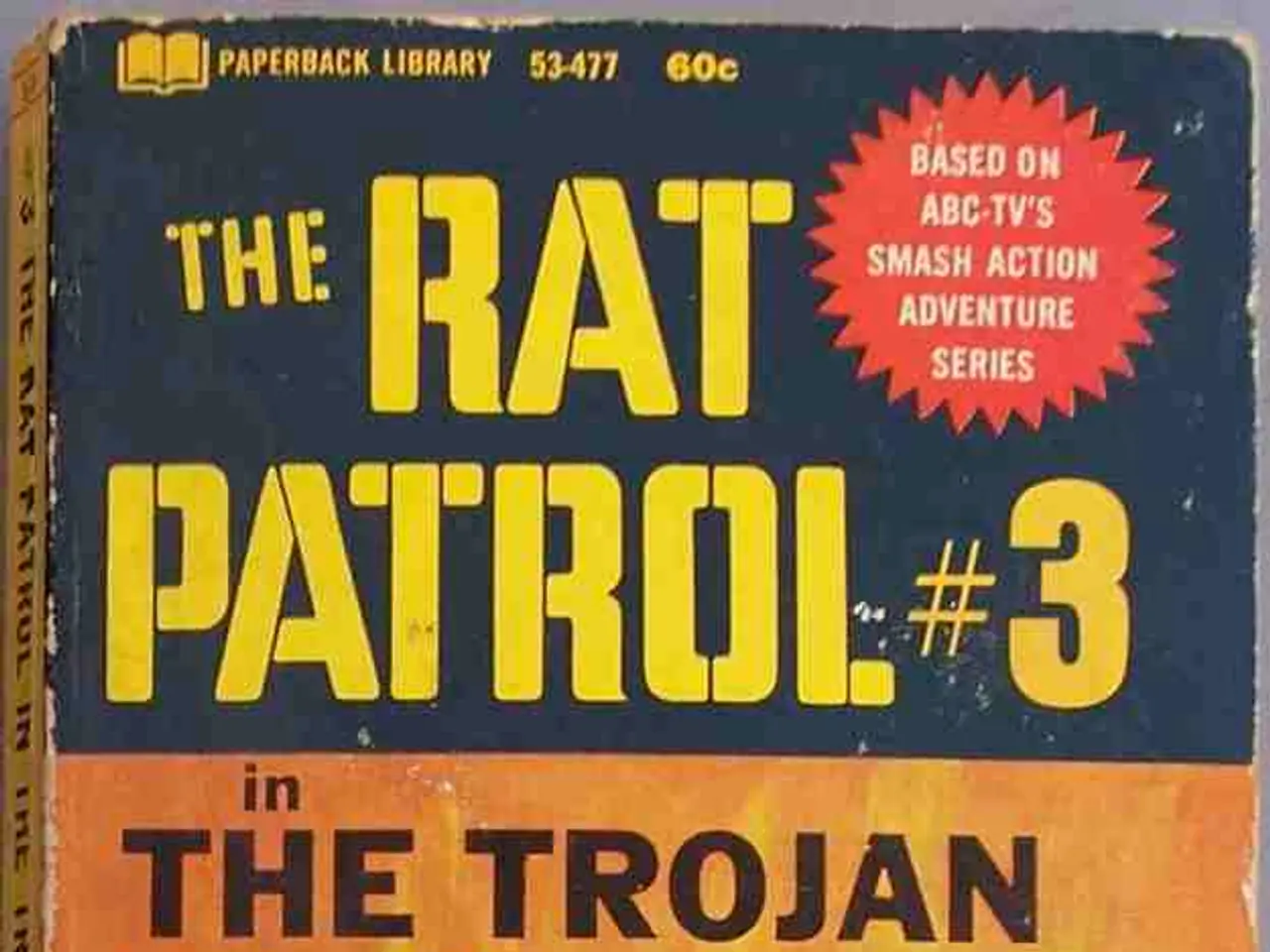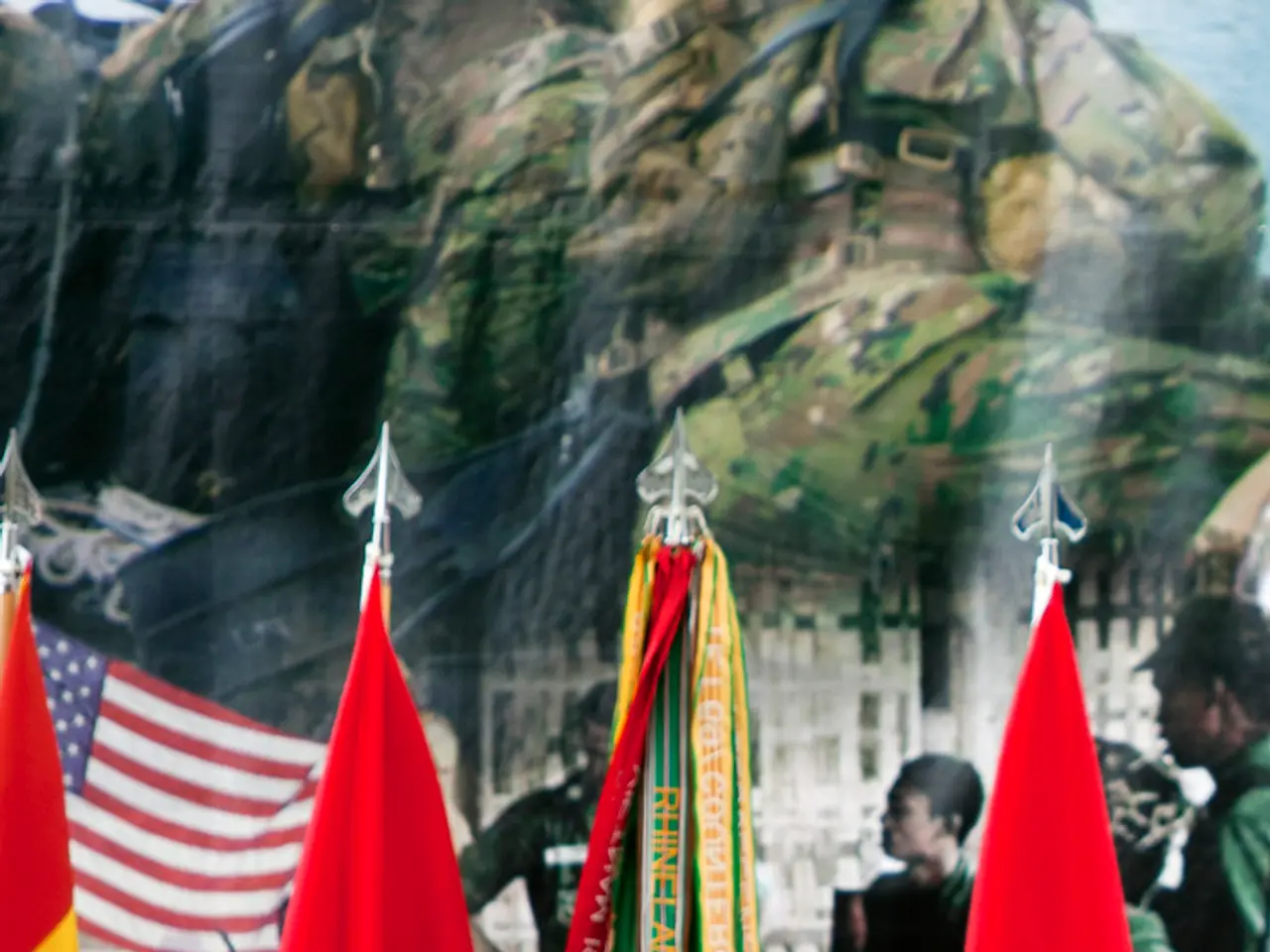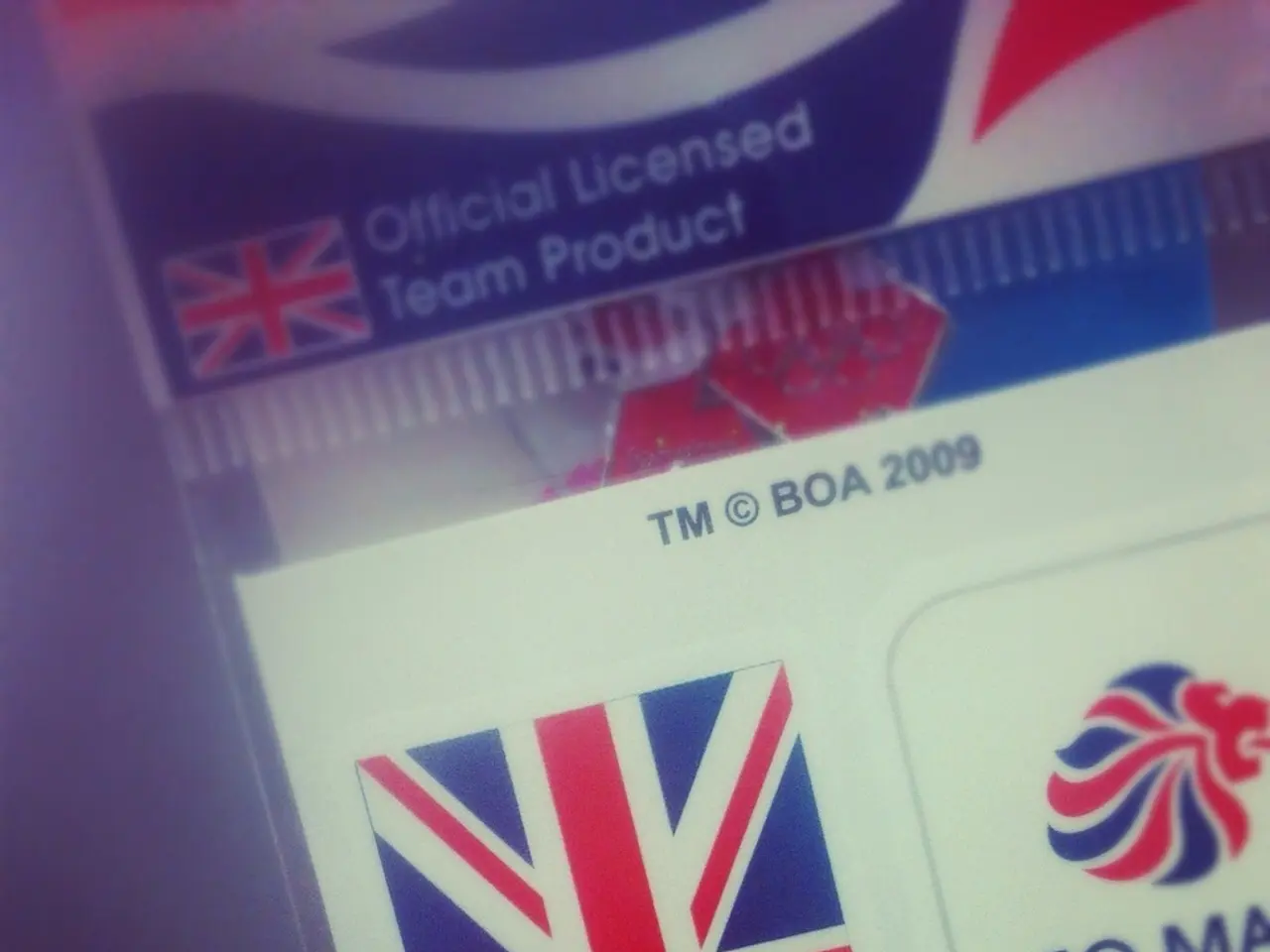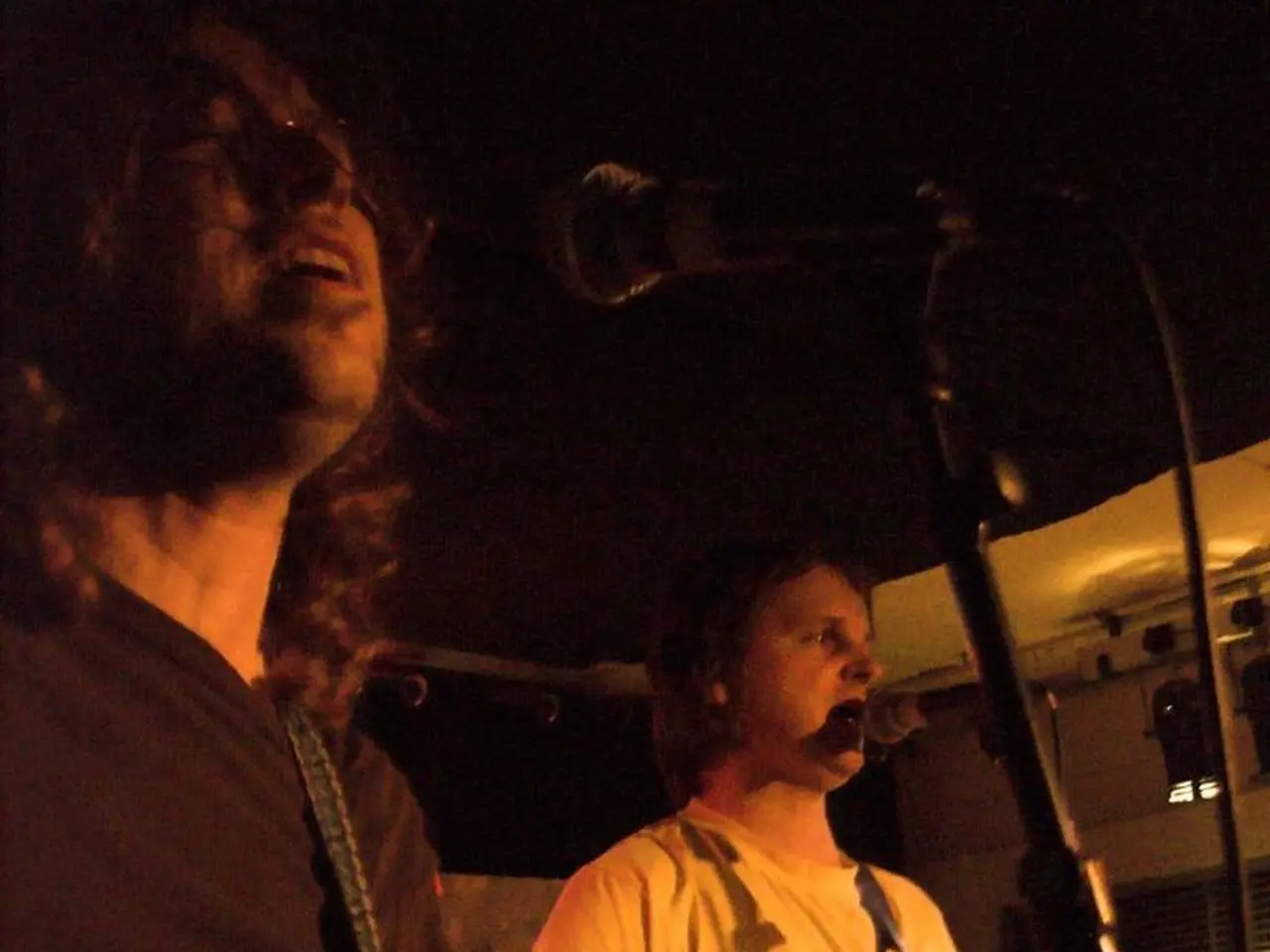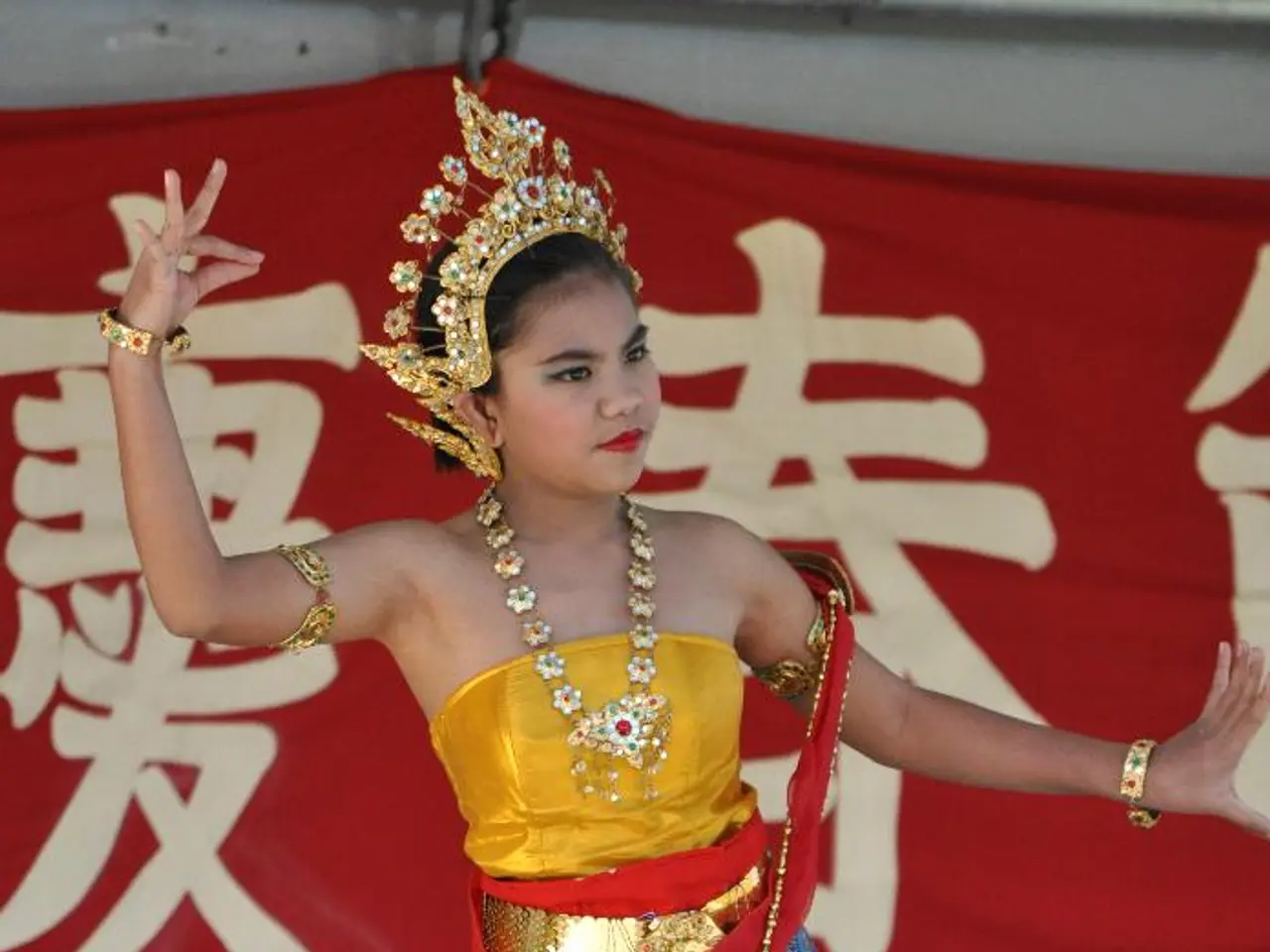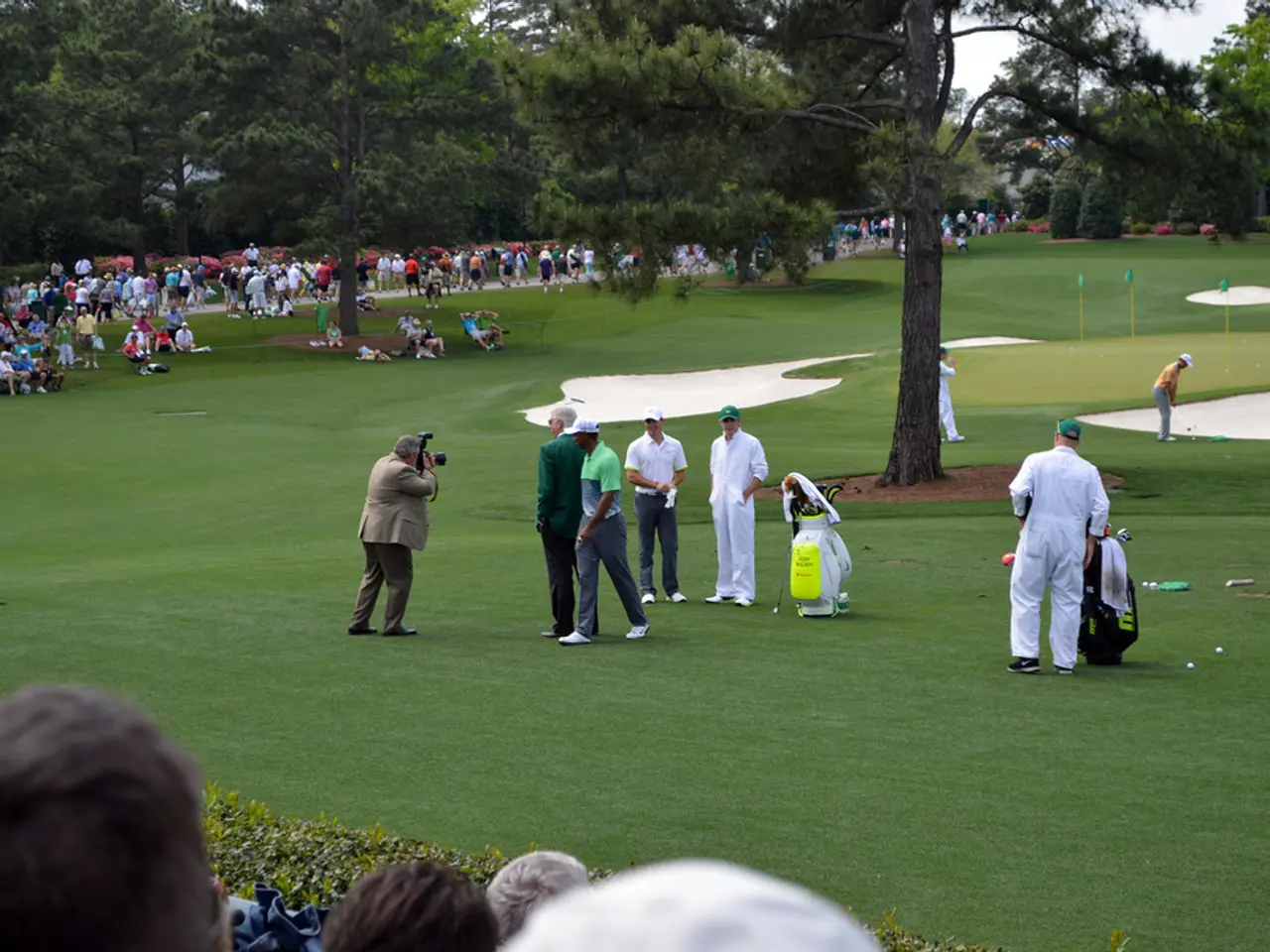Court Dismisses Last Appeal of Artist Following Bogus Apology for Accusations Against Fishing Company in 'Fishrot Controversy' (UK context)
In a controversial decision that has raised concerns about freedom of expression and intellectual property rights in art, particularly in politically charged contexts, the UK's High Court has ordered Icelandic artist ODEE to relinquish control of a digital artwork titled We're Sorry. The artwork, which replicates the official website of Iceland's largest fishing company, Samherji, was created as a conceptual artwork in 2023.
The ruling, made in November 2023, followed a lawsuit filed by Samherji after it accused ODEE of intellectual copyright and malicious falsehood, among other charges. The judge, Anthony Mann, ruled that the website was not a parody and could not count on protection of Article 10 of the Human Rights Act regarding freedom of expression as it had been "an instrument of fraud."
Samherji argued that the artwork, which is a form of activism known as culture jamming, does not meet the Oxford English Dictionary's definition of art. However, ODEE, in response, maintains that the ruling has no bearing on the artwork's artistic value and plans to take the case to the European Court of Human Rights.
The Fishrot scandal, considered one of the biggest corruption scandals in Namibian and Icelandic history, is at the heart of the controversy. A cache of over 30,000 documents leaked by a former Samherji employee in Namibia detailed email correspondence suggesting that Samherji paid millions of dollars in bribes to high-ranking politicians and officials in Namibia to acquire fishing quotas.
The International Lawyers Project (ILP), representing ODEE, claims that Samherji intentionally brought the proceedings in the UK to suppress the artwork and exposure of its leadership's involvement in the Fishrot scandal. The ILP's senior programmes director accused Samherji of intentionally bringing the case to the UK to silence exposure of corruption.
The ruling sets a precedent that could limit protection for similar activist art forms under intellectual property and freedom of expression frameworks in the UK. ODEE believes that the case proceeding to the European Court of Human Rights will have the greatest impact and that contemporary artists must be able to express themselves on matters of public concern.
Samherji has not responded to a request for comment regarding the ruling in the High Court in London. The company's then-CEO, Thorsteinn Már Baldvinsson, was "satisfied" with the result after the ruling in November. Baldvinsson stepped down as CEO in May and was replaced by his son, Baldvin.
Academic institutions that gave their blessing to alleged trademark violations under the guise of artistic expression should consider the ruling seriously, according to Samherji's statement. The case highlights tensions between protecting corporate reputations and safeguarding artistic critique and culture jamming as legitimate art.
As ODEE prepares to appeal to the European Court of Human Rights, the future of activist art and freedom of expression remains uncertain. The case underscores the need for a balanced approach that respects both artistic expression and corporate rights, ensuring a vibrant and diverse artistic landscape.
References: 1. The Art Newspaper 2. BBC News 3. The Guardian 4. The Financial Times
- The UK's High Court ruling on the digital artwork We're Sorry by Icelandic artist ODEE, which replicates the official website of Samherji, a contemporary museum controversy.
- The International Lawyers Project (ILP), representing ODEE, asserted that Samherji intentionally brought the proceedings in the UK to suppress the artwork and exposure of its leadership's involvement in the Fishrot scandal.
- ODEE plans to take the case to the European Court of Human Rights, believing that the outcome will significantly impact the future of activist art and freedom of expression, particularly in politically charged contexts.
- The ruling could limit protection for activist art forms under intellectual property and freedom of expression frameworks in the UK, sparking a debate about balancing corporate rights and artistic critique, especially in the realms of digital art and culture jamming.
